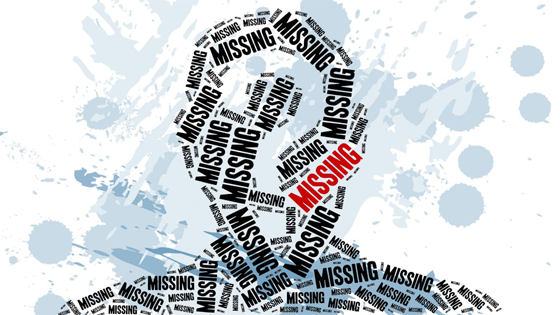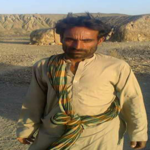Pakistani security forces and intelligence agencies abducted thirteen people from Kech, Gwadar, Awaran and Las Bela districts of Balochistan.
On April 30, forces abducted Barkat Mulla Azam, Muslim Mohammad and Mutlib Mohammad from Girae Cher area of Buleda, district Kech.
On the same day, personnel of intelligence agency and security forces raided a house in Singani Sar, district Kech and abducted Mehrab Razai and Arif Muhbla, residents of Sari Kallag, Gwarkop district Kech.
On April 29, personnel of intelligence agency abducted Saiki Khuda Bakhsh, resident of Shadi Kaur, Pasni, district Gwadar.
On April 28, forces conducted a military operation in Choko, district Awaran and abducted Ebrar Hazor Bakhsh, Qadeer Musa, Asad Allah Dad and Nizam Khuda Bakhsh.
On the same day, forces raided a house in Nondada, Jhao district Awaran and abducted Mulla Fazal Pir Jan from his house.
On April 26, A local driver, Allah Bakhsh, resident of Zabad, Shadi Kaur was dragged out from his car, severely beaten up and abducted by security forces in Pasni district Gwadar.
On April 25, personnel of intelligence agency abducted Mola Bakhsh Ghulam Qadir from Hub district Las Bela. Mola Bakhsh is an internally displaced person, who left his village, Ronjan, Mashkey, district Awaran due to continuous military operation and settled in Abdullah Goth area of Sakuran, Hub.
All the abductees have been shifted to unknown location and their whereabouts remain unknown to their families.
The Pakistan military adopted a policy of enforced disappearances to stifle the Baloch peoples struggle for their political and economic rights. Since 2005, thousands of Baloch activists, poets, students, rights activists and others have been forcibly disappeared. The military keeps their whereabouts unknown and subjects them to torture for months.
In 2009, the situation got worse. The Pakistan military abducted three key Baloch leaders, including Ghulam Mohammad Baloch who was the President of the Baloch National Movement (BNM), from the Turbat city of Balochistan on April 3, 2009. In a week, on April 9, their tortured and bullet-riddled bodies were found dumped near the Turbat city. It was the beginning of the military’s now infamous kill-and-dump operations, in which they abduct political activists, journalists, educationists, student activists and human rights defenders, and later dump their bodies in desolated areas.


